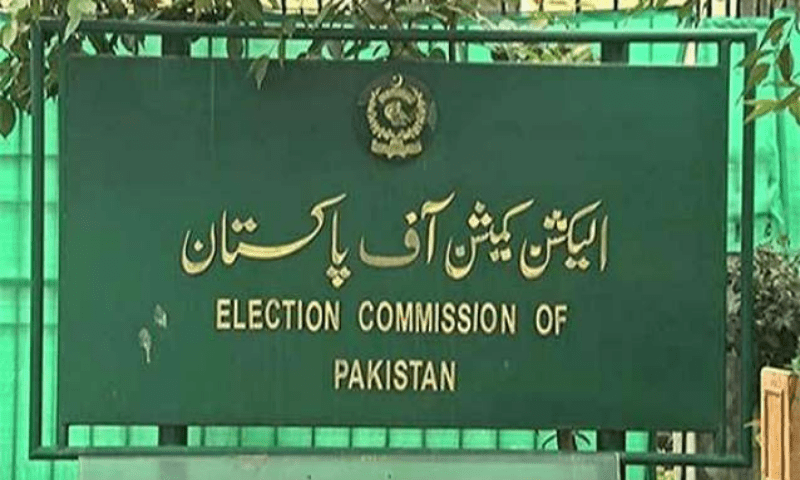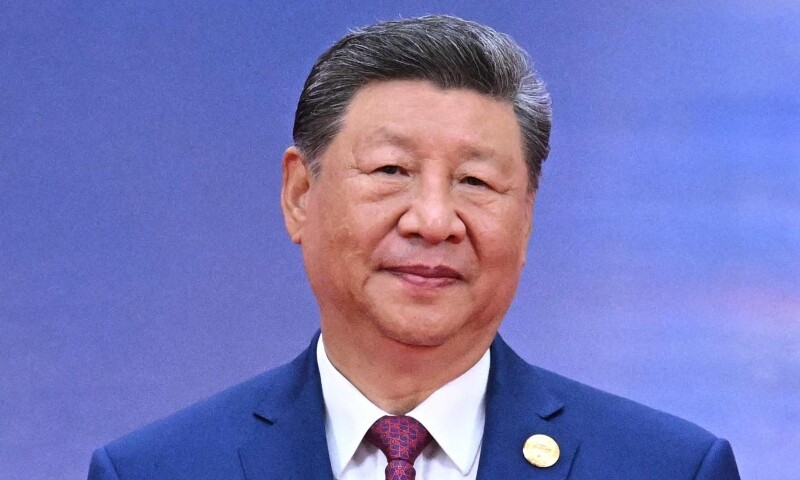The ECP has once again earned a detailed rebuke from the Supreme Court, this time for its decision to remove an independent legislator whom the ruling PML-N had “claimed” as one of its own.
Considering that the ECP has no jurisdiction to conclusively determine whether an affidavit stating that the legislator in question had joined the PML-N was genuine or not, the SC had set aside the commission’s decision to remove the legislator in question for not voting. in accordance with the PML-N directives on the 26th Amendment.
Furthermore, the court also took note of substantial evidence suggesting that the legislator had declared his loyalty to the Sunni Ittehad Council, both in the form of a written and signed statement to the ECP and publicly. Not only that, but the PML-N party leader also failed to provide a single example to prove that the lawmaker had been a member of his parliamentary party.
The fact that the ECP decided to adopt the ruling party’s stance despite it being “contrary to the weight of the material on record” has prompted a separate note from Justice Ayesha Malik, who has questioned why the commission continues to exceed its limits by repeatedly hiding behind its status as a constitutional body.
Recalling that “the main duty of the ECP is to guarantee free, fair and transparent elections”, Judge Malik reminded him that “on a constitutional level, the ECP is not the master but the forum or body that must carry out the task assigned to it” . at the heart of constitutional democracy.” Underlining that the ECP has a “duty to ensure that those elected by the people remain in government”, the honorable judge points out that it is the solemn observance of this duty that maintains the integrity of the elections and then gives legitimacy to the government.
“It is unfortunate that despite clear pronouncements of this Court, the ECP conducts itself in a manner that is not in consonance with its constitutional duty, but rather aligned with the notion that it has the constitutional power to ignore other constitutional institutions and the basic right of the people. vote,” Judge Malik laments in her conclusion.
It is not the first time that the commission has acted like this. In fact, time and time again he has behaved as if he had no obligation to uphold the standards of freedom, justice and transparency that have been prescribed to him along with the duties delegated by the Constitution.
The results of their institutional disregard have been evident to all: a government struggling daily to establish its legitimacy, widespread and persistent political instability, and growing disillusionment among the public with respect to the Pakistani state’s ability to meet its existential needs. That he still refuses to correct course is certainly sinister.
Published in Dawn, January 22, 2025








